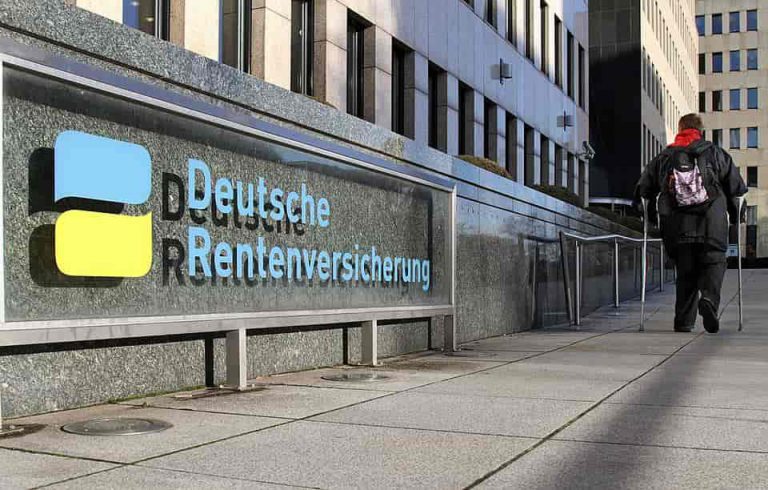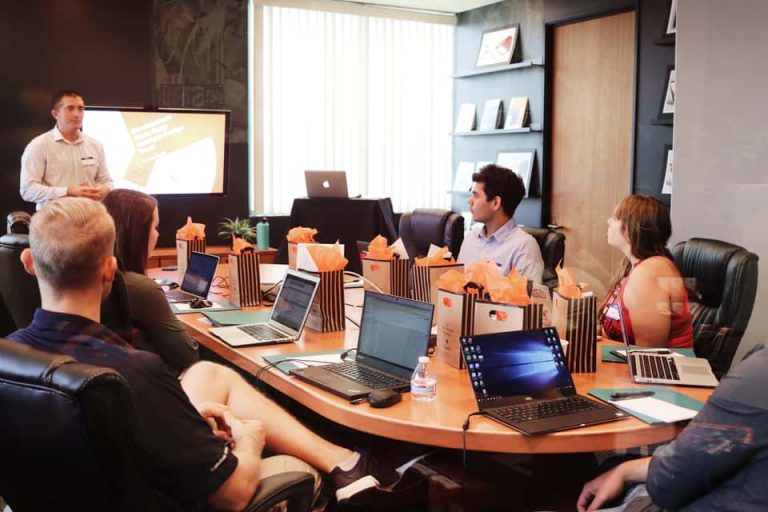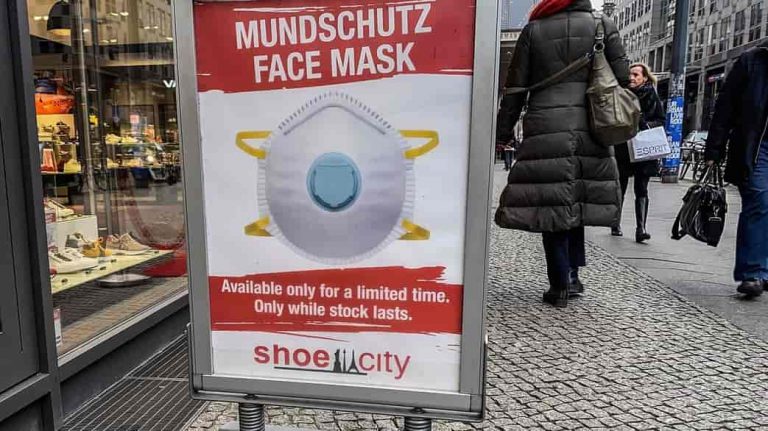In Frankfurt, founders act modestly – and think small for the time being. Nevertheless, the proportion of start-ups that want to reach a global target group with their products and services from the outset is low in the Hessian financial metropolis compared to cities like Berlin, London or Paris. In Berlin, for example, 59 percent of the start-ups rely on a “Global Market First” strategy – in Frankfurt the figure is only 27 percent.
This is the result of a new report by the Californian start-up institute Startup Genome, which focuses on Frankfurt and the Rhine-Main region. It was commissioned by Frankfurt’s Goethe University, its alumni and Internet founder Yi Shi, and the startup center TechQuartier.
According to the report, Frankfurt scores comparatively poorly not only in terms of international expansion, but also in another area: the proportion of migrants among the tech founders in the sample is just nine percent. In comparison: Berlin start-ups make it to 43 percent according to the report. This is remarkable in that more than 50 percent of Frankfurt’s population has a migration background.
Entrepreneurs face tough situation in Frankfurt
The number of engineers with foreign passports working for Frankfurt tech start-ups is also significantly lower than in Berlin (62 percent), at 19 percent. Berlin offers a Fintech Unicorn with the local banking and credit card provider N26. The same applies to the proportion of female founders in tech start-ups. Here Frankfurt has 10 percent – three percentage points less than the European average.
The figures suggest that Frankfurt is not necessarily attractive as a start-up city and region. This is probably due, among other things, to the high rents: Among the ten cities with the most expensive rents in Germany, three (Frankfurt, Mainz and Wiesbaden) are in the Rhine-Main area.
Founders in Frankfurt also have a harder time finding money in a European comparison: the report says that for every 38,000 people in Rhine-Main, there is one business angel. Especially in the early stages, start-ups can make life difficult.
The obvious consequence of this are that the density of start-ups in Frankfurt is lower than in Berlin. In the German capital, there are 330 start-ups per million people on the compared to 60 start-ups on the Main-metropolis. On the other hand, according to the report, the quota of startups involved in the German FinTech industry in the financial centre Frankfurt is – not surprisingly – enormously high.
One of eight startups is active in the financial sector. Between 2012 and 2017, 55 percent of the VC funds also flowed into this sector. The authors name the sectors AI, Big Data & Analytics and Cybersecurity as further major pillars. In total there are between 300 and 400 tech start-ups in Frankfurt and the surrounding area, about 100 more than in the previous year.
Politics, science and business want to help
However, the report also highlights some positive aspects: Frankfurt founders are well networked among each other and globally, and the values for early-stage funding per start-up are “healthy” (but even here there is still room for improvement).
Examples of Frankfurt start-ups that have made it include the 360T foreign exchange platform, which will be sold for 725 million Euros to Deutsche Börse in 2015, the insurtech company Clark, which has been endowed with over 40 million dollars, and the software start-up Acellere, which collected 2.25 million euros in January 2018. According to the report, the Frankfurt start-up ecosystem is currently in the “activation phase”.
In order to move from this phase to the next, an alliance of politics, science and business announced last February that it intends to make Frankfurt and the surrounding area a leading international region for start-ups (especially FinTechs) by 2020.
A total of 15 to 20 million euros have been earmarked for this purpose, said the Hessian Minister of Economics Tarek Al-Wazir at the time. A new online platform called TechObserver will provide an overview of the Frankfurt scene based on study results.
Conclusion
The authors of the now published Frankfurt study suggest that universities should be better connected to the scene and that, in addition to universities, large corporations should also be seen as startup forges.
The message: Frankfurt can still do a lot to become more founder-friendly. Whether the Frankfurt Startup Alliance’s plans for this goal will work out will be seen in the next five years.











